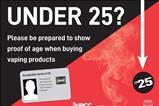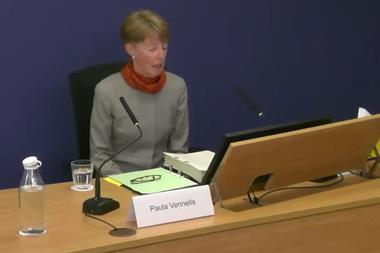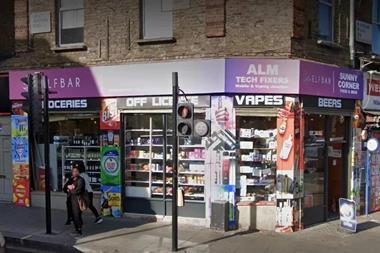The past few years have sparked rapid development in payment methods, but the one thing that hasn’t really changed in our sector is the importance of cash to customers, and by extension, free-to-use cash machines.
Overall, about three-quarters of all purchases made in the convenience sector in 2017 were made with cash. Additionally, in-store cash machines are a great way of driving footfall and encouraging people to purchase while they’re there. ATMs (especially in areas where there is no access to free cash nearby) also support the wider local economy by enabling people to shop with businesses, local markets and charitable causes that may only be able to accept cash.
All of this makes Link’s decision to press ahead with interchange fee cuts that will, by design, reduce the number of cash machines especially concerning. Despite Link’s insistence that rural communities will be protected, the jury is still out on whether they’re going far enough to protect free cash machines in isolated areas.
Throughout the decision-making process, Treasury Select Committee chair Nicky Morgan has frequently raised concerns and called on the Payment Systems Regulator to ensure that customers don’t lose out. The Regulator has as one of its core objectives to make sure that “payment systems are operated and developed in a way that considers and promotes the interests of all the businesses and consumers that use them”.
We believe Link’s plans are in direct contrast to that, and we will continue to work to secure the provision of free cash machines in c-stores.



























No comments yet